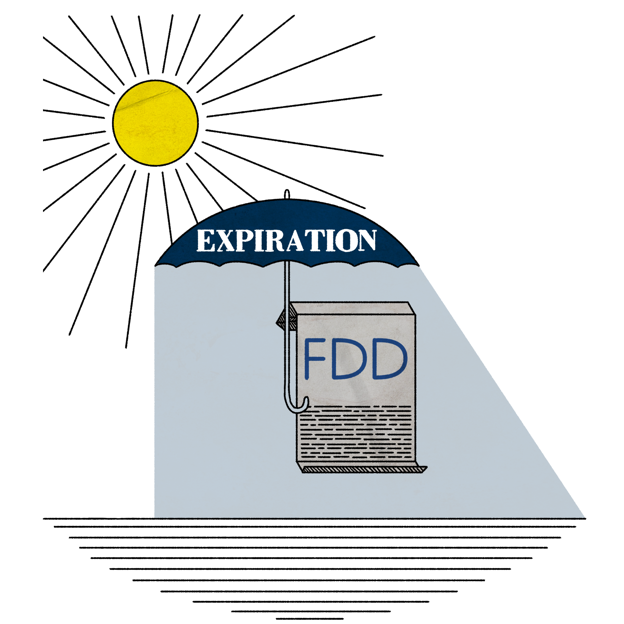Franchise Questions
What happens if I don’t do my annual FDD update?
You must have a current FDD if you are seeking new franchise prospects. But what if you aren’t planning to sell a franchise this year? Does it ever make sense to not update your FDD (commonly referred to as “going dark”)?
Federal laws require you to update your FDD within 120 days after your fiscal year end. State laws vary require updates either within 90-120 days after your fiscal year end or before the date printed on your state registration permit. For more details see our blog When does my FDD expire?
If you don’t update, your FDD expires and can no longer be used. When this happens, you can’t sell any franchise or complete most transfers or renewals. All marketing, advertising, and conversations with prospects must cease. If you plan on going dark, you need to be aware of some potential issues that may result.
Accidental Offers and Sales
If you go dark, you run the risk of inadvertently violating franchise laws by making franchise offers (e.g. responding to requests for information or keeping your franchising website online). Also, if you use franchise brokers, they may unknowingly continue to offer your franchise to prospects. And if you have a golden prospect, you may end up losing the prospect in the time it takes to get updated and registered in registration states. Also, keep in mind that when you re-file, state examiners often ask about offers and sales during periods when a franchisor didn’t have a permit.
Transfers and Renewals
Generally, you won’t be able to complete transfers or renew franchise agreements with the then-current franchise agreement if you’ve gone dark. There are limited exceptions to this, but you will be very restricted on your ability to participate in or control these transactions if you do not have a current, registered FDD.
Audited Financials
Going dark for a period of time doesn’t mean you can ignore getting audited financials. Because the federal franchise law requires the last 3 years of audited financial statements, you will have to provide these audited financials during any periods where you’ve gone dark once you decide to update your FDD.

Increased State Filing Fees and Longer Review
State filing fees are generally discounted for renewals. Some states also perform an abbreviate review for FDDs that are being renewed. If you go dark and do not renew your FDD in the registration states, it will be treated as an initial filing. This means you will have to pay a higher filing fee and be subject to a lengthier review. Also, keep in mind that when you re-file, state examiners often ask about offers and sales during periods when a franchisor didn’t have a permit.
